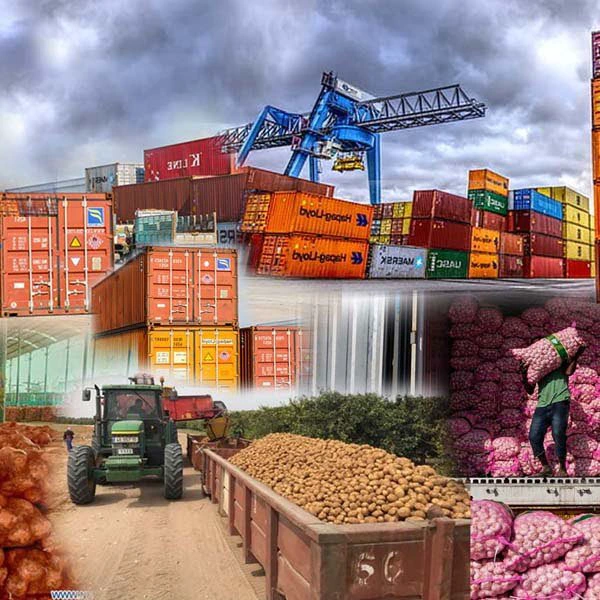Nigeria Losing Revenue to Dominance of ‘Unofficial Exports’ – Experts

As the processed food industry is gaining global recognition, experts have warned that the nation risks losing credit for its progress due to the dominance of informal export channels.
Fresh data from the National Bureau of Statistics (NBS) reveals that the “Prepared foodstuffs; beverages, spirits and vinegar; tobacco” category surged from N472.82 billion in the first quarter of 2024 to N1.43 trillion in the first quarter of 2025, raising its share of total exports from 2.47 to 6.94 per cent.
Cocoa and its derivatives such as butter, liquor, and cake accounted for about 41 per cent of non-oil exports, according to the Nigerian Export Promotion Council (NEPC).
This growth reflects a shift from raw commodity exports to value-added products, supported by intensified investment.
Ondo-based processor Johnvents, for instance, secured a $40.5 million facility to boost its annual capacity from 12,000 to 30,000 metric tonnes.
The move aligns with soaring global cocoa prices, making processed exports more profitable.
However, experts caution that much of Nigeria’s processed food trade is bypassing official systems.
Director of Training at the Institute of Export Operations & Management (IEOM), Dr. Mercy Odibe, disclosed that a significant share of exports are conducted informally, making them invisible in national records.
“We are aware that people export products through informal means. Exporting these things through informal means, they are not being recorded for Nigeria,” she explained.
Odibe stressed that while processed food imports are meticulously tracked—rising from N365 billion in 2023 to N865 billion in 2024 and projected at N941 billion in 2025, the export side tells an incomplete story.
“It’s better for us to have records; let’s make it formal so that this record should be there and they’ll be recorded for Nigeria, that, ‘yes, this is what we have done’,” she urged.
The Managing Director of Jodriela, Mrs. Yetunde Adegbite, highlighted the regulatory hurdles faced by small businesses in exporting processed foods, citing tariffs, restrictive policies, and certification bottlenecks as major barriers.
She noted that many micro exporters rely on “unofficial exports” of goods under $500 to avoid red tape, a practice that undermines large-scale growth.
Despite these challenges, optimism persists. Academic Director of the Agribusiness Management Programme at Lagos Business School, Dr. Jide Adediji, pointed to improved product quality and growing international acceptance.
He noted his own company’s successful export of sauces to the United Kingdom as evidence that Nigerian products can compete globally.
Experts believe that enhanced access to foreign exchange, compliance with global standards, and recent policy shifts such as the UK’s removal of tariffs on over 1,000 food products could accelerate Nigeria’s transition into a formal, globally competitive processed food exporter.
COURTESY: agronigeria

Post Comment